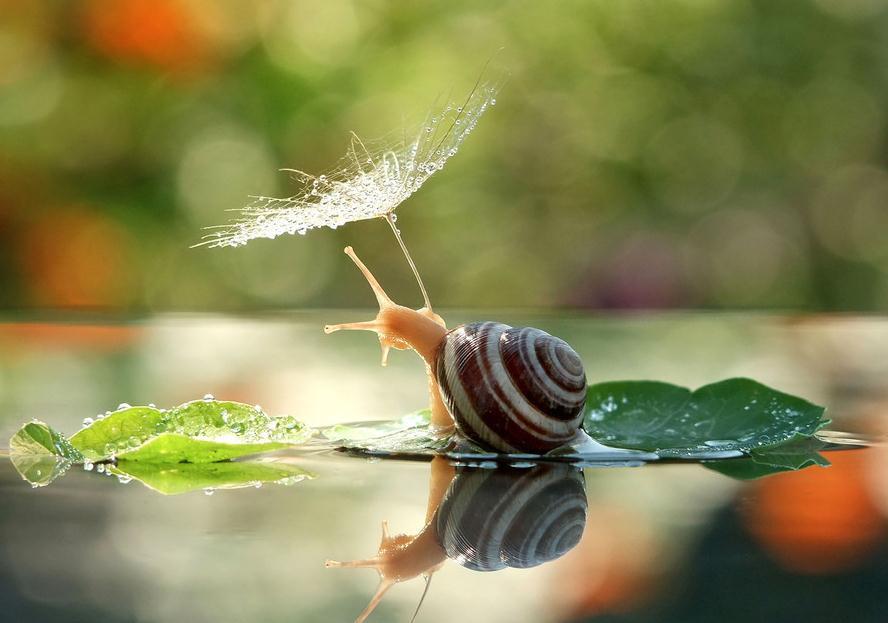Hindu term. The feminine aspect of the creative force which, when combined with the masculine aspect Adibuddha, creates Shakti, the primordial force or energy of the universe.
Aditi
Sanskrit: अदिति = “limitless” or “boundless”
The Vedic name for Mulaprakriti, the abstract aspect of Parabrahman, though both are unmanifested and unknowable. In the Vedas, Aditi is the indivisible conscious-force and ananda of the Supreme; the Mother; the infinite Mother of the gods; supreme Nature or infinite Consciousness.
Aditi is a Vedic goddess in Hinduism, the personification of the infinite. She is the goddess of the earth, sky, unconsciousness, the past, the future and fertility. She is the mother of the celestial deities the Adityas, and is referred to as the mother of many gods. As celestial mother of every existing form and being, the synthesis of all things, she is associated with space (akasa) and with mystic speech (Vāc). She may be seen as a feminized form of Brahma and associated with the primal substance (mulaprakriti) in Vedanta. She is mentioned nearly 80 times in the Rigveda.
Aditi
(Sanskrit अदिति) The Vedic name for Mulaprakriti, the abstract aspect of Parabrahman, though both are unmanifested and unknowable. In the Vedas, Aditi is the indivisible conscious-force and ananda of the Supreme; the Mother; the infinite Mother of the gods; supreme Nature or infinite Consciousness.
Adonai
(Hebrew אדני) Lord or master.
